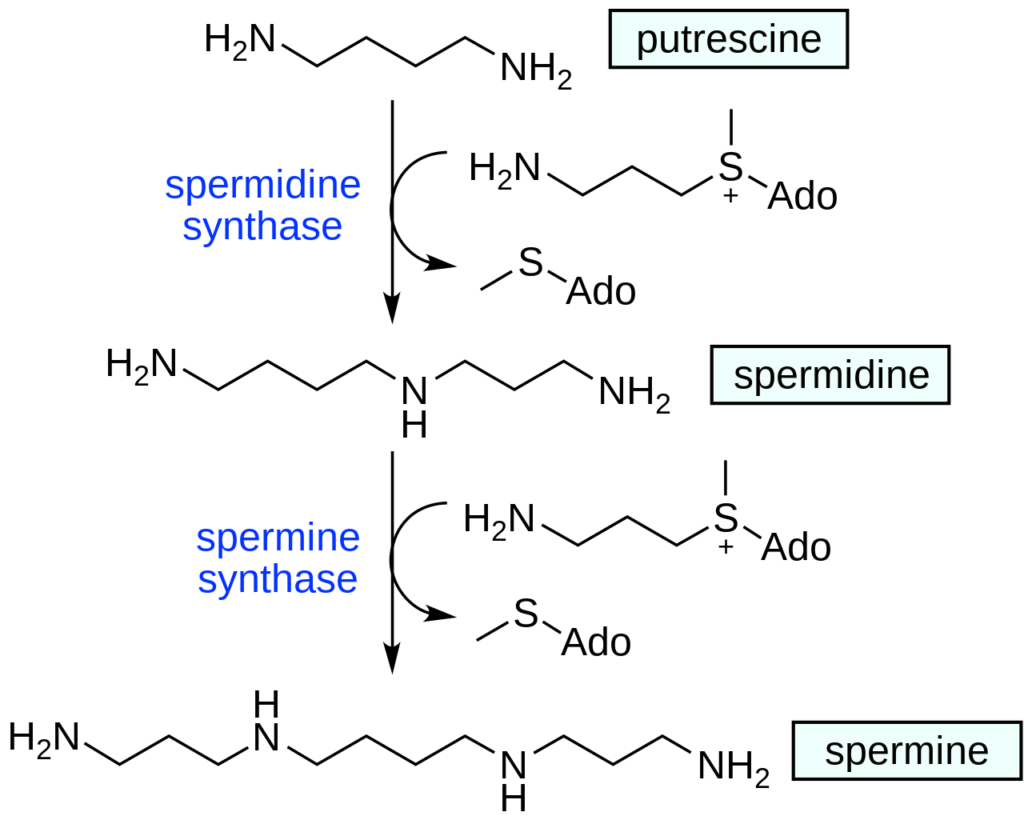Spermidine, a naturally occurring compound found in various foods, is garnering increasing attention for its remarkable health benefits. This article explores the surprising health benefits of spermidine, highlighting its role in cellular health and longevity, heart health, brain function, autophagy and cell regeneration, cancer prevention, diabetes management, immune function, age-related macular degeneration prevention, hair loss prevention, weight management, and ways to incorporate spermidine into your diet.
What is Spermidine and Why is it a Natural Wonder?
Spermidine is a polyamine compound that is present in various foods such as wheat germ, soybeans, and certain fruits. It plays a crucial role in numerous biological processes and has shown immense potential as a natural wonder for human health. Spermidine acts as an antioxidant, anti-inflammatory, and anti-aging agent, making it a sought-after compound for its diverse health benefits.

Spermidine: A Key Player in Cellular Health and Longevity
Studies have revealed that spermidine promotes cellular health and longevity by inducing a process called autophagy. Autophagy is the body’s way of recycling and eliminating damaged or dysfunctional cellular components. By stimulating autophagy, spermidine helps in maintaining cellular homeostasis and reducing the risk of age-related diseases.
Boosting Heart Health with Spermidine: The Research Behind it
Research has demonstrated the positive impact of spermidine on heart health. It has been found that spermidine reduces the risk of cardiovascular diseases by improving heart function, reducing blood pressure, and preventing the accumulation of arterial plaque. These findings suggest that incorporating spermidine-rich foods into the diet may help in maintaining a healthy heart.
Spermidine’s Impact on Brain Health and Cognitive Function
Recent studies have highlighted the potential of spermidine in promoting brain health and cognitive function. Spermidine has been shown to protect against neurodegenerative diseases such as Alzheimer’s and Parkinson’s by reducing the formation of toxic protein aggregates in the brain. Additionally, it enhances memory and learning abilities, offering a promising avenue for improving brain health.
The Role of Spermidine in Promoting Autophagy and Cell Regeneration
Spermidine’s ability to induce autophagy not only benefits cellular health and longevity but also aids in cell regeneration. Autophagy plays a key role in removing damaged or dysfunctional cells and replacing them with new ones. By promoting this process, spermidine contributes to tissue regeneration, wound healing, and overall cellular rejuvenation.
Spermidine’s Potential as an Anti-Cancer Agent: The Latest Findings
Emerging research suggests that spermidine may have anti-cancer properties. Studies have demonstrated that spermidine inhibits the growth of cancer cells and promotes their death through various mechanisms. Additionally, it has been observed that spermidine can enhance the effectiveness of chemotherapy drugs while reducing their side effects. These findings hold promise for spermidine as a potential anti-cancer agent.
Spermidine: A Natural Compound for Managing Diabetes
Spermidine has shown potential in managing diabetes by improving insulin sensitivity and reducing insulin resistance. Studies have indicated that spermidine supplementation can regulate blood sugar levels, prevent diabetic complications, and enhance pancreatic function. Further research is needed to fully understand the mechanisms involved, but spermidine offers a natural and promising approach to diabetes management.
Spermidine and its Effect on Immune Function: Uncovering the Science
The immune-boosting properties of spermidine have gained attention in recent years. Spermidine has been shown to enhance the function of immune cells, improving their ability to fight off infections and diseases. Moreover, it possesses anti-inflammatory properties that help in regulating immune responses. These findings suggest that spermidine can play a vital role in supporting a robust immune system.
Spermidine’s Potential for Preventing Age-Related Macular Degeneration
Age-related macular degeneration (AMD) is a leading cause of vision loss in older adults. Recent studies have suggested that spermidine may have a protective effect against AMD. Spermidine’s antioxidant and anti-inflammatory properties help in reducing oxidative stress and inflammation in the retina, thereby lowering the risk of developing AMD.
Spermidine and Hair Loss: Can it Slow Down Hair Thinning?
Hair loss is a common concern for many individuals. Interestingly, spermidine has shown promise in slowing down hair thinning and promoting hair growth. It has been found to extend the growth phase of hair follicles, leading to stronger, thicker hair. While more research is needed, spermidine-based treatments may hold potential for addressing hair loss.
Spermidine, this natural wonder, continues to captivate researchers with its remarkable health benefits. From cellular health and longevity to heart health, brain function, cancer prevention, diabetes management, immune function, age-related macular degeneration prevention, hair loss prevention, and weight management, spermidine has demonstrated its potential across multiple areas. Whether obtained through spermidine-rich foods or supplements, incorporating this compound into your diet may be a valuable step towards improving your overall health and well-being. As research in this field progresses, the full extent of spermidine’s health benefits and its potential for various conditions will become clearer, opening up new possibilities for preventive and therapeutic interventions.